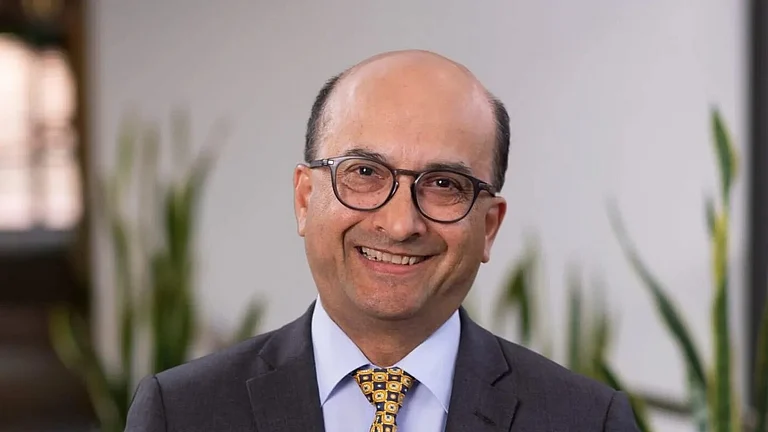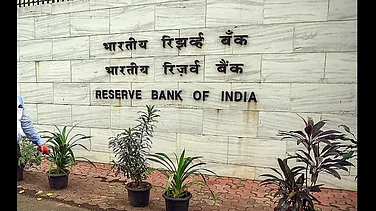Small-sized private sector lender RBL Bank on Thursday reported almost doubling of its consolidated net profit to Rs 147 crore for the December 2020 quarter, but also posted a rise in asset quality stress from the retail segment.
The bank had shown a consolidated net profit of Rs 66.49 crore in the year-ago period, as provisions for corporate bets impacted the bottomline.
Its core net interest income de-grew 2 per cent to Rs 908 crore on the back of a 5 per cent dip in the overall advances and a nearly 0.40 per cent contraction in net interest margin at 4.19 per cent.
The lender said its other income and core fee income have been above the pre-COVID-19 levels.
RBL Bank's net interest margin slightly fell to 4.2 per cent from 4.6 per cent. However, the cost-to-income ratio improved to 45.9 per cent, against 49.2 per cent a year ago.
Advances of the bank fell 5 per cent to Rs 56,444 crore as of December 31, 2020. Deposits were up by 7 per cent at Rs 67,184 crore.
Its Managing Director and Chief Executive Officer Vishwavir Ahuja attributed the de-growth in advances to a strategy of keeping off from wholesale advances but added that the bank is now confident of lending more to the segment.
He added that the interest income dip is due to the write-back of income on standstill accounts, which have not been recognised as non-performing assets (NPA).
The proforma gross NPAs, sour assets which are unpaid for over 90 days were not recognised as NPAs because of the Supreme Court order on standstill, stood at 4.57 per cent as of December as against a reported number of 1.84 per cent.
Ahuja said that over Rs 1,470 crore of loans were unpaid for over 90 days and of this, a bulk Rs 1,300 crore were from the retail segment.
The reverses are coming from the small businesses and segments within retail such as credit card and micro loans, the bank management said. It added that from a proforma perspective, retail NPAs are at up to 6 per cent, while the same for wholesale is 2 per cent.
From a restructuring perspective also, retail accounts for Rs 475 crore of the Rs 550-crore loans which have been recast, Ahuja said adding that the final number for recast will be 1.5 per cent of the book by March.
However, despite the reverses, the bank is looking at continuing to focus on the retail segment, Ahuja said adding that the current woes are all COVID-19-related and temporary in nature.
Retail loans done in the recent past have not led to any asset quality issues, he said. The bank is looking to ramp up on the affordable housing segment, and enter the housing and tractors segment next fiscal, he added.
Ahuja said fundamentals of the retail business are strong and the bank continues to look at the segment as an opportunity in the future.
Its larger peer Axis Bank had also reported a surge in stress from the retail segment during the December quarter.
When asked about the microfinance book, Ahuja said 92 per cent of the borrowers are repaying on time at present and the same number is 99 per cent for recently made loans.
It had taken a call to not disburse new loans in Assam in 2019 itself and its exposure to the state which has brought in regulations on lenders is only Rs 160 crore, he said.
The overall provisions came at Rs 609 crore as against Rs 622 crore in the year-ago period and Rs 525 crore in the preceding September 2020 quarter.
The bank's other income during the October-December 2020 quarter grew to Rs 579 crore, against Rs 486 crore in the year-ago period, which helped the bottomline.
Its capital adequacy ratio stood at 17.33 per cent as of December 31, 2020, after one round of infusion during the quarter.
The bank scrip closed 1.62 per cent down at Rs 215 a piece on the BSE, as against 1.13 per cent correction on the benchmark.































